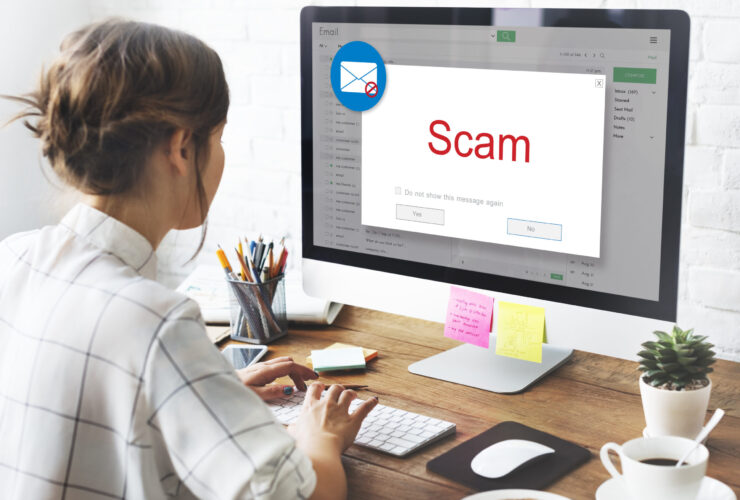We are constantly connected. Even while we’re “offline” on vacation, or away from our computer or mobile devices, chances are we’re still connected in one way or another. More and more, the Internet touches almost all aspects of our daily lives.
Don’t believe it? Think of the systems that help to keep the lights on, the water running, and transportation moving. Or the devices that track your sleep and exercise, point you to an open parking spot, or control the thermostat at your home. All these and more depend on digital networks to function.
As we enjoy the convenience of these changes, we must consider the new risks they bring as well. Just as we lock our doors to protect our valuables, we must also take steps to protect our devices and information from virtual threats by properly securing everything that is connected to the Internet.
During National Cyber Security Awareness Month, we encourage you to remember a few important steps to help secure your valuable information and then practice them all year long!
Keep a clean machine.
Like your smartphone or PC, keep any device that connects to the Internet free from viruses and malware. Download software updates regularly on the device itself, as well as for the apps you use, since they often contain fixes to protect against malicious activity.
Set strong passwords.
Setting passwords that are long, unique, and hard to guess is one of the most important things you can do to protect your online accounts. Changing passwords regularly and using different passwords for different accounts goes a long way to protecting your online information.
When in doubt, throw it out.
Links in emails, tweets, posts, and online advertisements are often how cyber criminals compromise your computer or mobile device. If it looks suspicious, it’s best to delete it, even if you know the source.
Avoid shopping on public Wi-Fis.
It may be convenient when you’re away from home and on the go, but not as secure as a password protected Wi-Fi or your home network. Save your online shopping, banking, or sensitive transactions for a secure connection, preferably when you’re back at your house.
Enable Alerts & Initiate Disputes.
Credit alerts quickly notify you anytime credit is taken in your name. With credit monitoring in place you can prevent your identity being stolen. If you don’t act fast and you are a victim of identity fraud, the process to reverse can be very long and drawn out. Not only can you enable alerts right from the Mobile Banking App but you can initiate disputes right away should they arise.
Monitor your credit score.
Your credit score affects every aspect of your financial life – from loan rates to cost of insurance. With data breaches on the rise, it’s important to be vigilant. That’s why we’ve made it easy to monitor your credit score and activity by offering 24/7 access to it for FREE in Online Banking or the Mobile Banking App for when you’re on the go.
[re]Consider what you share.
Limit the amount of personal information you share about yourself online. Your full name, phone number, address, school or work location, and other sensitive information should not be published widely. Disable geo-tagging features that let people online know where you are. Wait to post about your vacation until you return as not to alert thieves of your empty home. Limit your online social networks to the people you know in real life, and set your privacy preferences to the strictest settings.
You work hard for your money, and you know it makes sense to protect it and save it. Click here to learn more about National Cyber Security Awareness Month.




